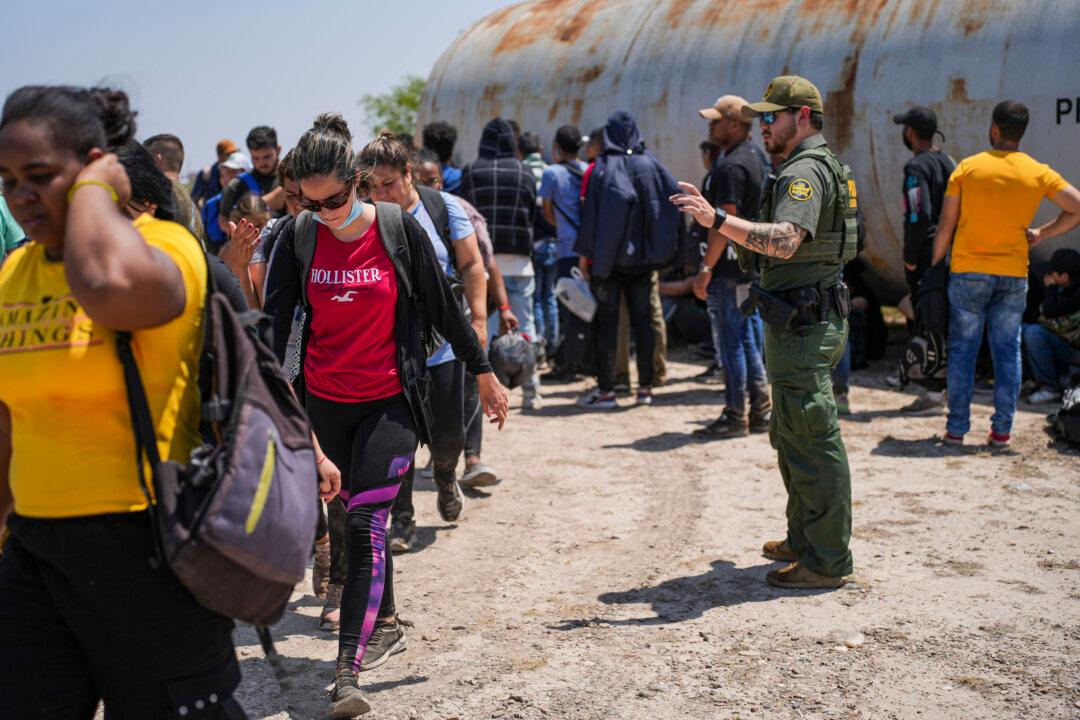KINNEY COUNTY, Texas—For almost three years, Title 42 has remained in place, long after the public health emergency from COVID-19 ostensibly ended.
Title 42 is an emergency public health order issued by the Centers for Disease Control and Prevention and designed to seal the U.S. borders during a pandemic. President Donald Trump enacted the provision in March 2020, and it hasn’t been lifted since, although its demise has been periodically scheduled.





